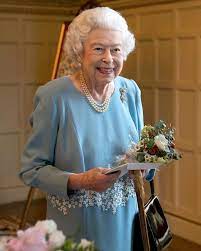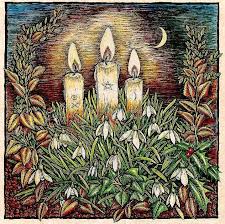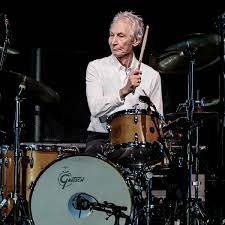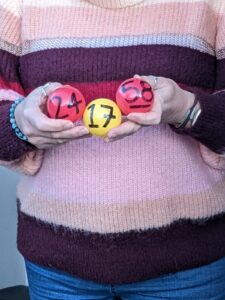
“The world is dismayed, though perhaps not surprised, to find that Russia has illegally invaded Ukraine in an act of unprovoked and unjustified aggression. We fear that the toll on the brave people of Ukraine will be heartrending and dreadful. The world has had to engage in defensive action to protect the innocent and to contain aggressors in the past.
We must pray for the government and people of Ukraine, the people of Russia who live under an authoritarian regime, for the leaders of the world that they will respond with wisdom and courage and for the restraint of evil and the restoration of peace, with justice.
Psalm 10 says “Arise, LORD! Lift up your hand, O God. Do not forget the helpless.”
And so we ask –
Sovereign Lord, you observe all those who dwell on earth. Have mercy we pray on those who now suffer the miseries of a war not of their own making. Have compassion on the wounded and dying; comfort the broken-hearted; confound the hatred and madness of those who make war; guide our rulers, bring war to an end, bring peace across the world. Unite us all under the reign of your Son, the Prince of Peace, before whose judgement seat the rulers of the world will give account, and in whose name we pray. Amen.”
(From https://sydneyanglicans.net/news/a-prayer-for-ukraine, written by Archbishop Kanishka of Sydney, Australia)







